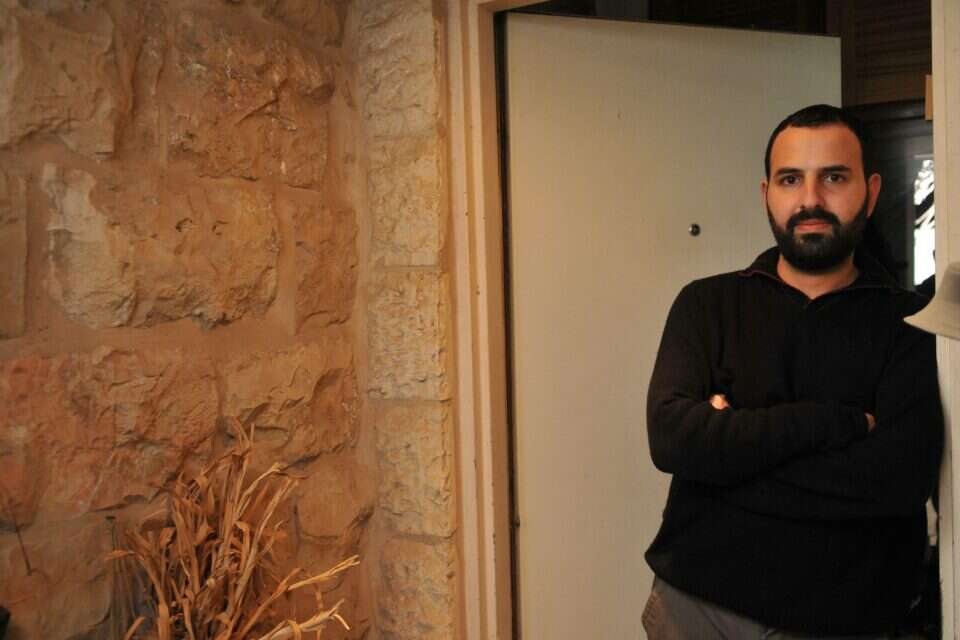Almog Behar's fourth book of poetry, "For the Salt to Spread on Love," is a great book.
Behar - a respected and award-winning poet, writer, critic and literary scholar - continues to engage, wisely, with a visceral and even tearful revolution, on issues that have become identified with his writing, such as the identity crisis of Israelis, "Arab-Jews," and the constant tension And bubbling, even with him, as one who was born in the land, between Hebrew and Arabic.
This, along with writing that juggles a variety of sources, and deals - sometimes in the same poem itself - with faith, poetics, politics, biography, family and erotica.
The book has several long and contemplative cycles of poems in the style of Yehuda Amichai, passages of lyrical prose and individual poems.
Next to them, an unusual text appears in the book, called "Opening for an Interview," in which Behar formulates an imaginary poetic interview with himself, which may be called the book's infrastructure, and even the infrastructure for all his poetry: ? Carpenters? You write from a wound? I write because the reading hurt me. Can you describe the wound? There are nights when I do not see a single star. There are days when I do not see a single person. There are prayers where I do not feel in my heart one plea "Or one praise. There are moments when I can not feel the taste of the words in my mouth at all, even when I bite into them without compassion. Without covetousness."
Behar's poetry deals with the very same wound, the existential wound of faith, the rupture of the Hebrew and Arabic languages and the existential exile.
The tension between Hebrew and Arabic rhymes all of Behar's writing - from his first story "Ana Man El Yehud", which won the Haaretz short story competition in 2005, and opens as follows: The Arab accent. " Behar writes his identity wound in this book, among other things, in the cycle of poems "The Babies in the Refugee Convoys." The cycle deals with his exile and his forefathers, from the country, identity and language: "Yim" / But also because aul ma kalak / Allah al-Samawat and al-arch ".
The collective exile of the Arabs and the Jews, and the biographical revelations of Bahar's forefathers, together with the rise in the immigration and spitudes, Baves The Labriva Labrophagus / Breakfast in the heart of the ...
In this exile on the mountain he wanders again, as in his previous books, between Hebrew and Arabic, between sages and the great Muslim philosophers: Thus: "But in music my heart returns to being my heart, / at least for a moment, then my heart and my heart, / and my heart again. My heart, my heart, why have you left me, my heart my heart, / why have I forsaken, my heart my heart, why have I hid, and my heart, my heart.
In the book of his first songs, "Sa'aron Earth", wrote: " "In the language of the exiles, it is the language of silence."
The same tension shown then was also exposed in this book, in which in the mountain, a bitter statement: "
Almog Behar / For the Salt to Spread on Love,
The United Kibbutz (Rhythm Series for Poetry), 91 pages
Were we wrong?
Fixed!
If you found an error in the article, we'll be happy for you to share it with us

